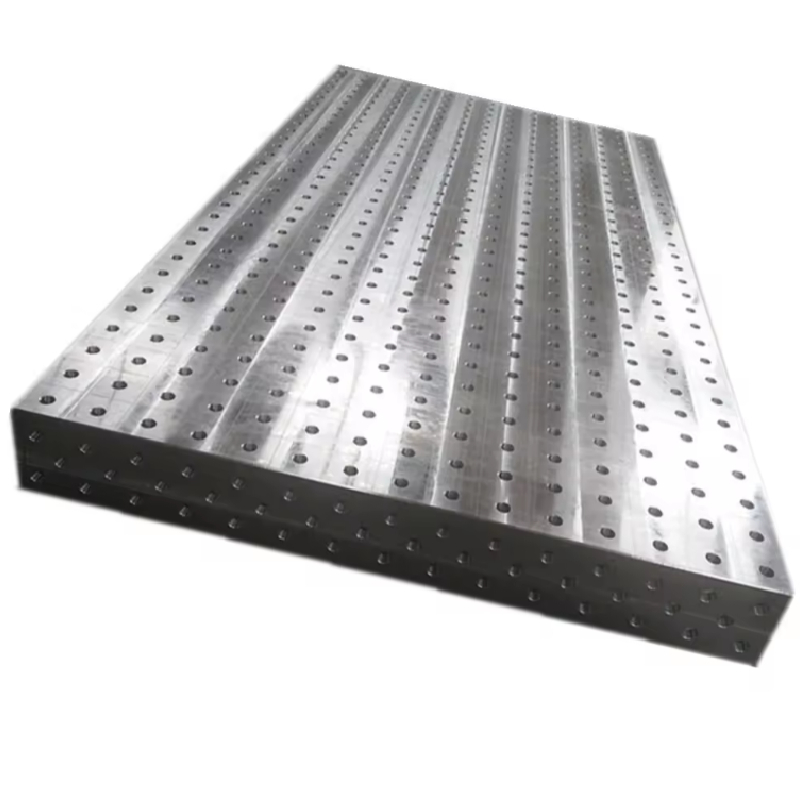Ліст . 11, 2024 14:31 Back to list
metalvalves
Understanding Metal Valves Types, Applications, and Importance
Metal valves are crucial components in various industries, playing a vital role in the management and control of fluid flow. From simple household plumbing systems to complex industrial applications, metal valves ensure efficiency, safety, and reliability. This article explores the different types of metal valves, their applications, and why they are essential in modern engineering.
Types of Metal Valves
1. Gate Valves These are designed to start or stop the flow of fluid with minimal pressure drop. Gate valves use a flat or wedge-shaped gate that lifts from the seat to open the flow. They are predominantly used in oil and gas pipelines, as well as in water treatment plants.
2. Globe Valves Characterized by their spherical body, globe valves are specifically engineered for throttling purposes. They offer better flow control than gate valves and are often found in applications where precise regulation of flow is necessary, such as in chemical processing.
3. Ball Valves With a spherical disc that controls flow, ball valves are known for their durability and excellent sealing capability. They provide a quick shut-off feature, making them ideal for applications that require tight shut-off and quick operation, such as in gas distribution systems.
4. Butterfly Valves These valves use a rotating disc to isolate or regulate flow. They are lightweight and require less space than other valves, making them suitable for applications in large pipelines, water supply systems, and HVAC systems.
5. Check Valves Also known as non-return valves, check valves allow fluid to flow in one direction only. They prevent backflow, ensuring that systems function correctly without leaks. Check valves are commonly used in water systems, sewage systems, and gas piping.
Applications of Metal Valves
metalvalves

Metal valves find applications across a broad spectrum of industries, including
- Oil and Gas In this sector, metal valves are critical for transporting crude oil, natural gas, and refined products. They need to withstand high pressures and corrosive environments, making durable metal constructions essential.
- Water and Wastewater Treatment Metal valves regulate the flow of water through treatment facilities, ensuring proper chemical dosing and filtration processes.
- Chemical Manufacturing In chemical plants, valves control dangerous substances and corrosive chemicals, requiring specific materials like stainless steel to avoid contamination.
- Power Generation Metal valves are integral to steam and gas turbines, managing the flow of fluids that drive energy generation processes.
Importance of Metal Valves
The significance of metal valves cannot be overstated. They contribute to the safety and efficiency of various systems, helping to prevent leaks and catastrophic failures. The choice of material in valve construction—often stainless steel, brass, or cast iron—ensures longevity and resilience against harsh environmental conditions.
Moreover, as industries increasingly focus on sustainability, metal valves equipped with advanced technologies and automation are being developed. These innovations enhance performance, reduce energy consumption, and support environmentally friendly operations.
In summary, metal valves are indispensable in numerous applications, providing vital control over fluid flow. Their diverse types cater to different needs, ensuring functionality across sectors. As technology progresses, the evolution of metal valves will likely continue, further enhancing their efficiency and sustainability in industrial operations. Whether in everyday plumbing systems or large-scale industrial applications, understanding metal valves helps to appreciate their role in modern infrastructure and process management.
-
Valve Selection Guide for Industrial ApplicationsNewsJul.15,2025
-
Steel Fab Table Provides Durable Work Surface for WeldingNewsJul.15,2025
-
Pad Iron Provides Stable Support for Heavy MachineryNewsJul.15,2025
-
One Inch Check Valve Fits Standard Plumbing SystemsNewsJul.15,2025
-
Measuring Micrometer Ensures Precise Dimensional AccuracyNewsJul.15,2025
-
Hardened Pin Gauge Resists Wear from Frequent UseNewsJul.15,2025
Related PRODUCTS









